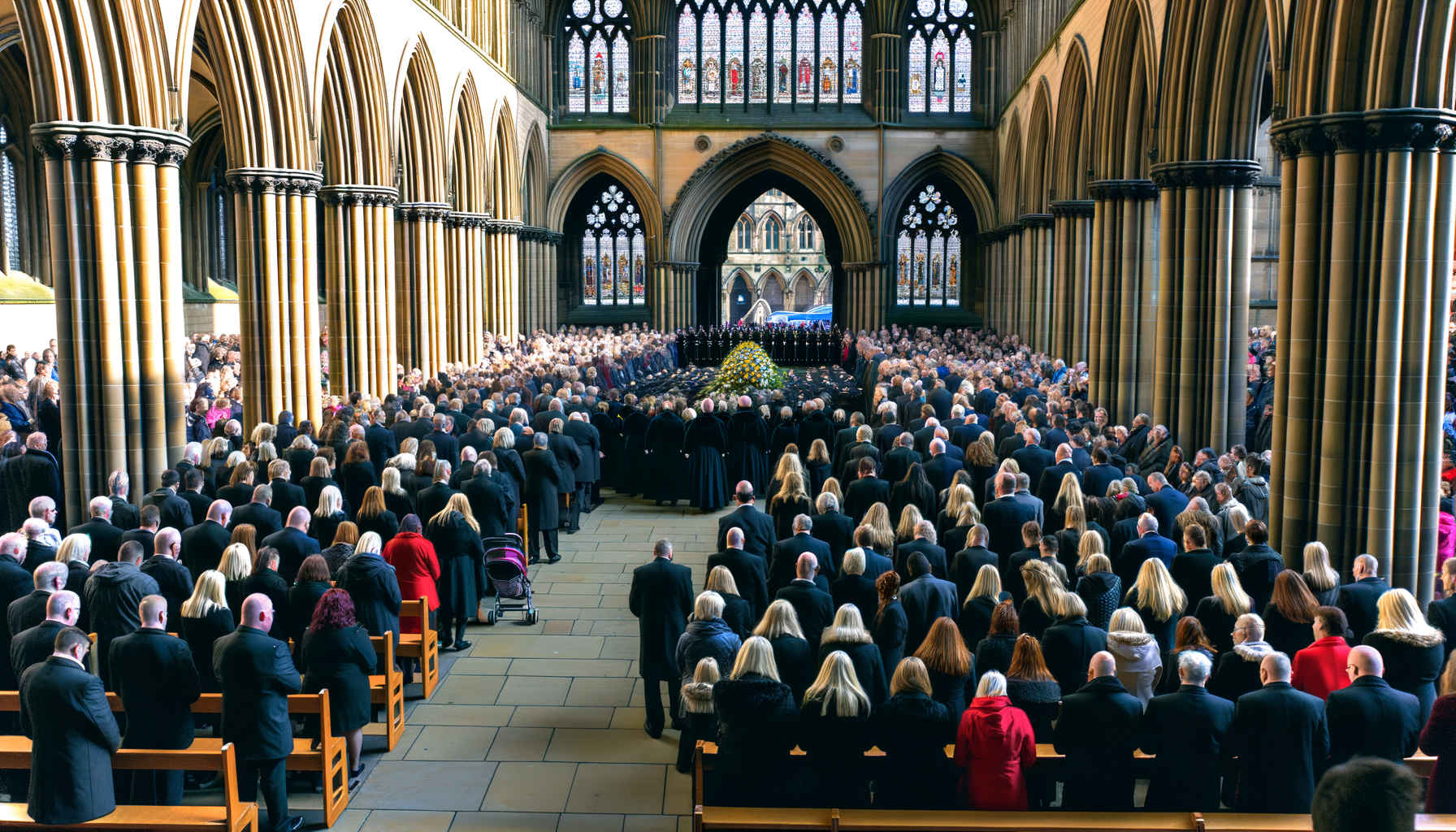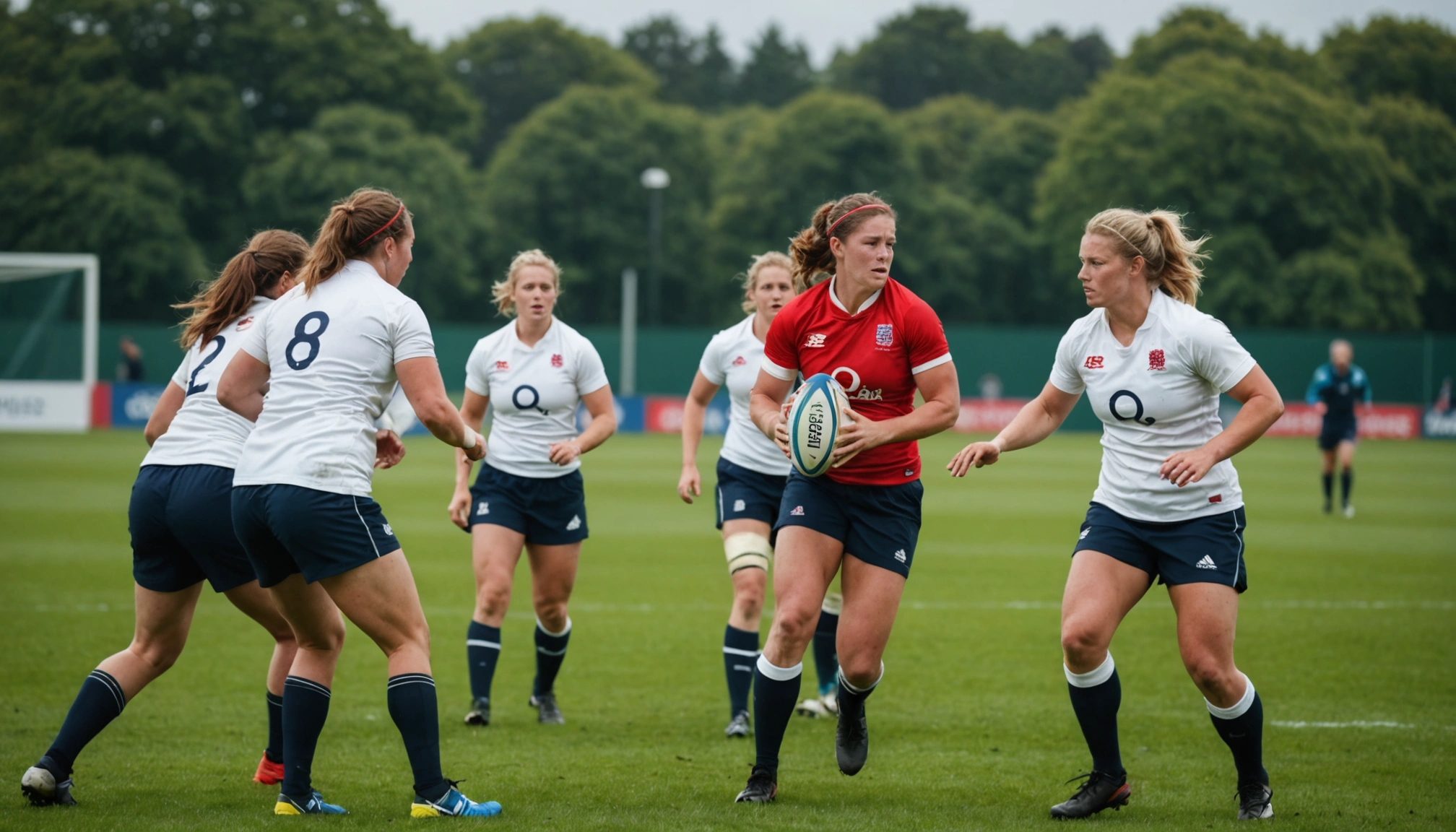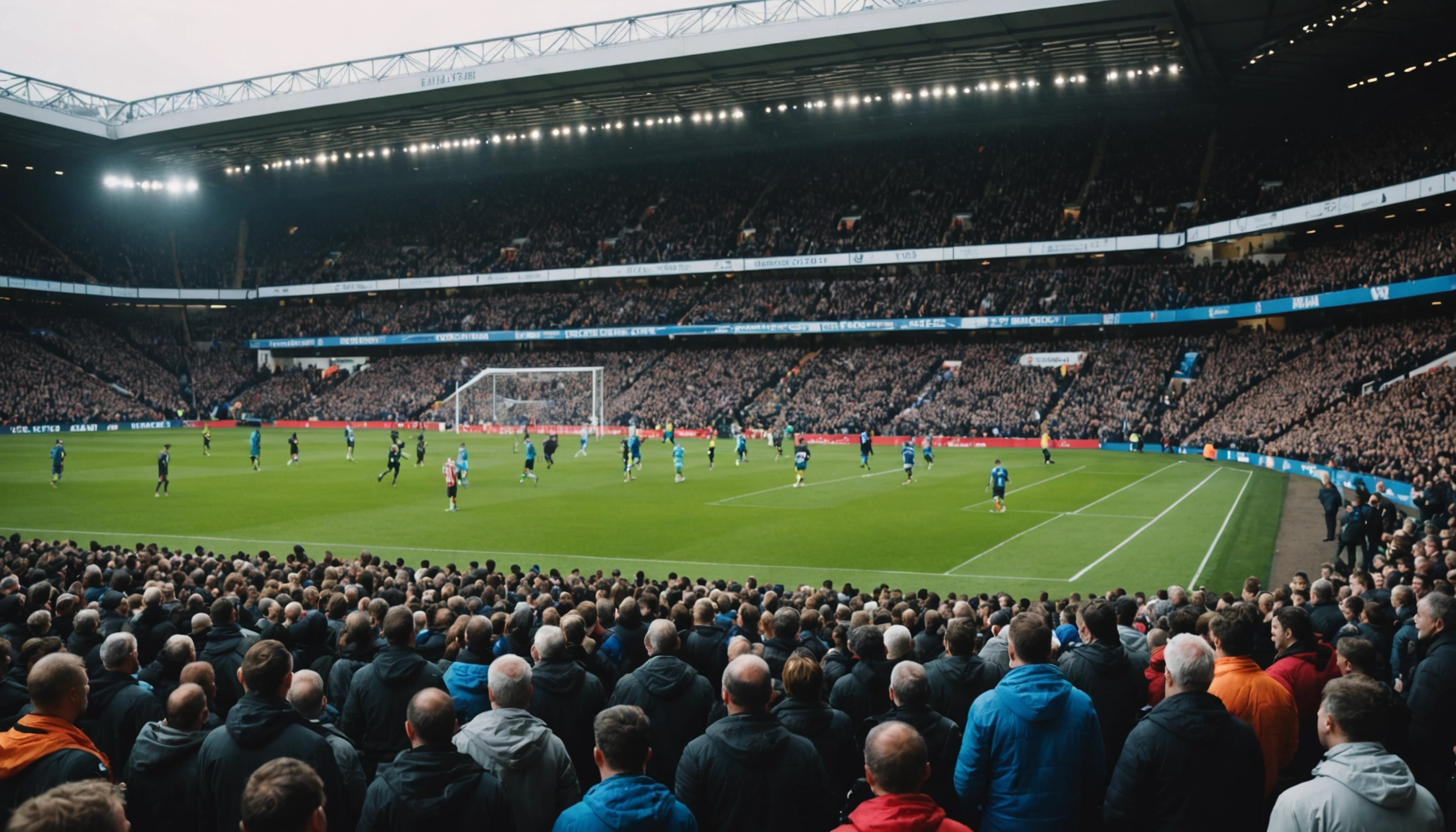Ricky Hatton’s Cause Of Death Confirmed At Inquest
The inquest confirms Ricky Hatton died by suicide, shocking fans and family. Reflect on his boxing legacy and mental health awareness in sport.

By Editorial
Introduction To Ricky Hatton’s Passing
Ricky Hatton, one of British boxing's most beloved figures, tragically died by suicide, as confirmed by a recent inquest held at South Manchester Coroners' Court. The news has left fans, family, and the wider sporting community heartbroken. This article explores the details surrounding Hatton's death, his remarkable career, and the importance of mental health awareness in sport.
Details Of The Inquest Into Hatton’s Death
The inquest revealed that Hatton was found unresponsive in his home on 14 September 2025 by his manager and close friend Paul Speak. Coroner Alison Mutch officially announced the cause of death as suicide. Hatton was last seen alive by family members two days prior, appearing well, but failed to attend a scheduled event the following day.
His manager had arrived that morning to take him to Manchester Airport for a flight to Dubai, where he was due to announce a comeback fight. The shock discovery has left many stunned, highlighting the silent battles individuals often face behind public success.
Remembering Ricky Hatton’s Boxing Legacy
Known affectionately as 'The Hitman', Hatton enjoyed a glittering career spanning 15 years from 1997 to 2012. He held multiple world championships at super-lightweight and welterweight, becoming a household name in British boxing.
Hatton’s rise was marked by memorable victories, including his 2005 triumph over Kostya Tszyu at Manchester's MEN Arena, a fight often cited as one of the greatest nights in UK boxing history. He later unified the IBF and WBA super-lightweight titles by defeating Carlos Maussa.
His bouts against Floyd Mayweather and Manny Pacquiao brought global attention, with thousands of British fans travelling to Las Vegas to support him, exemplified in the documentary Money & The Hitman. Despite tough losses, Hatton’s courage and passion earned him a loyal fanbase and admiration beyond the sport.
Career Highlights And Impact
- British super-lightweight title in 2000.
- World champion after defeating Tszyu in 2005.
- Unified IBF and WBA titles with win over Maussa.
- Welterweight WBA title with victory over Luis Collazo.
- Competed with top fighters including Mayweather and Pacquiao.
The Emotional Farewell In Manchester
Thousands gathered in Manchester to pay respects as Hatton was laid to rest at Manchester Cathedral on 12 October 2025. His funeral procession passed significant city landmarks, reflecting his deep connection to his hometown. The outpouring of grief from fans, friends, and celebrities alike underscored his impact both inside and outside the ring.
The heartfelt eulogy delivered by boxing commentator Adam captured the sport’s loss and celebrated Hatton’s legacy. The event also highlighted the importance of community support during times of tragedy.
The Importance Of Mental Health Awareness In Sport
Hatton’s death shines a light on the mental health challenges athletes may face, often hidden beneath physical prowess and public fame. The pressures of competition, career transitions, and personal struggles can take a significant toll.
Sporting organisations, fans, and media have a role to play in fostering open conversations and providing support. Resources such as the Samaritans helpline (116 123) and samaritans.org offer vital assistance to those in distress.
Recognising mental health is as crucial as physical health will help protect athletes and individuals alike. The sporting community has made strides, but Hatton’s passing reminds us there is more to be done.
Looking Ahead: A Legacy Beyond The Ring
While Hatton was preparing for a comeback fight later this year, his legacy endures far beyond his sporting achievements. His story encourages reflection on the struggles many face and the importance of kindness and awareness.
In the broader sports landscape, stories of resilience and support are equally celebrated. For example, recent highlights such as Humphries retaining his Czech Open title demonstrate the ongoing spirit and determination in competitive sport.
Hatton’s life and untimely death serve as a powerful reminder that behind every athlete is a human being deserving of compassion and support.
Conclusion: Remembering Ricky Hatton And Supporting Mental Health
Ricky Hatton’s passing is a poignant moment for British sport and society. His extraordinary career brought joy and pride to many, while his death calls for greater attention to mental health issues within and beyond the sporting world.
As fans and communities mourn, the hope remains that Hatton’s legacy will inspire openness, understanding, and improved support systems for athletes and all individuals facing mental health challenges.
For those affected, help is available through organisations like the Samaritans and local support networks. Remembering Hatton means not only celebrating his achievements but also committing to a more compassionate future in sport.
For more insights on sports and athlete wellbeing, visit our coverage on the rise of British South Asian football manager Pav Singh and other inspiring stories at Sports Scoop.
Related topics
Editorial
Sports expert at SportsScoop
Specialist in sports analysis and journalism
Related articles
Want to read more?
Explore our comprehensive collection of sports articles and analysis, or contact us for more information.



